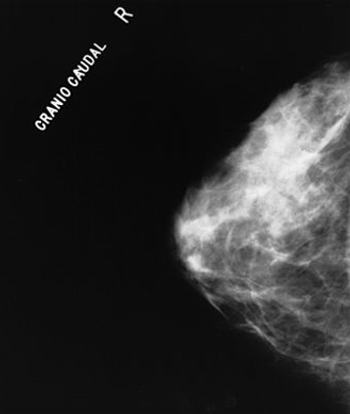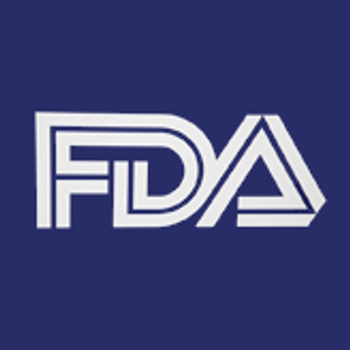
Survivorship care is “a distinct phase of care for cancer survivors that includes four components: (1) prevention and detection of new cancer or recurrent cancer; (2) surveillance for cancer spread, recurrence, or second cancers; (3) intervention for consequences of cancer and its treatment; and (4) coordination between specialists and primary care providers to ensure that all of the survivor’s health needs are met.”







